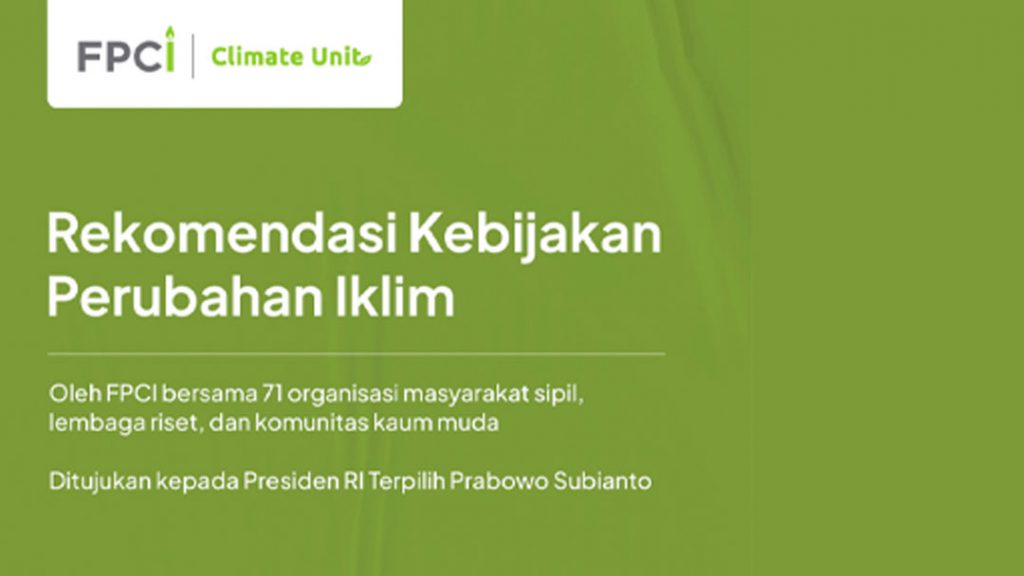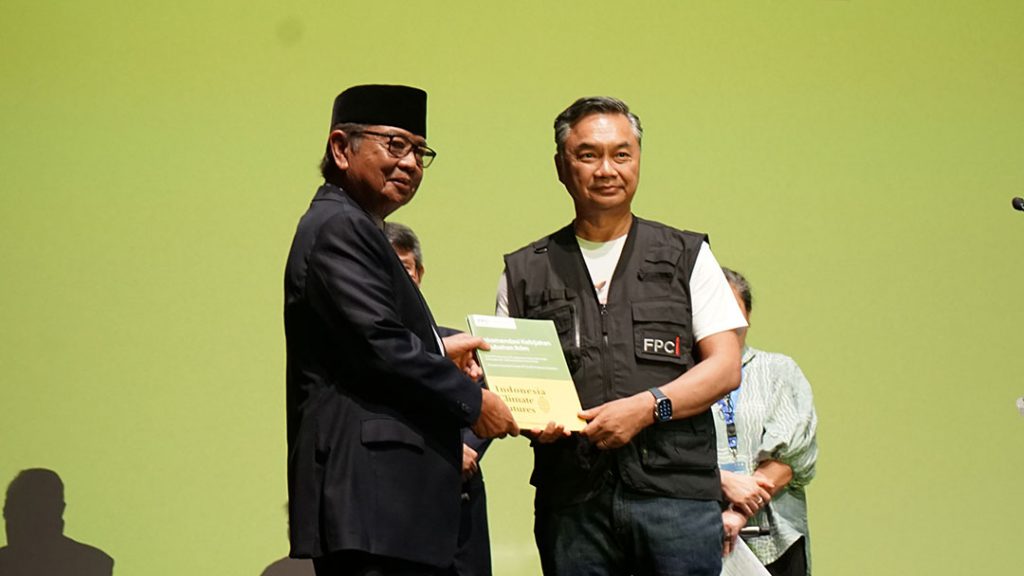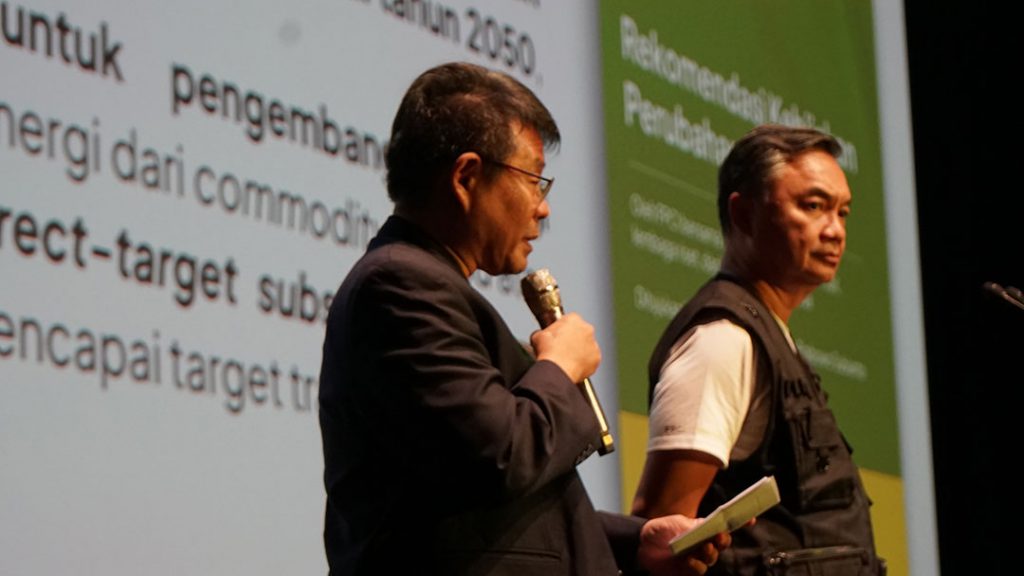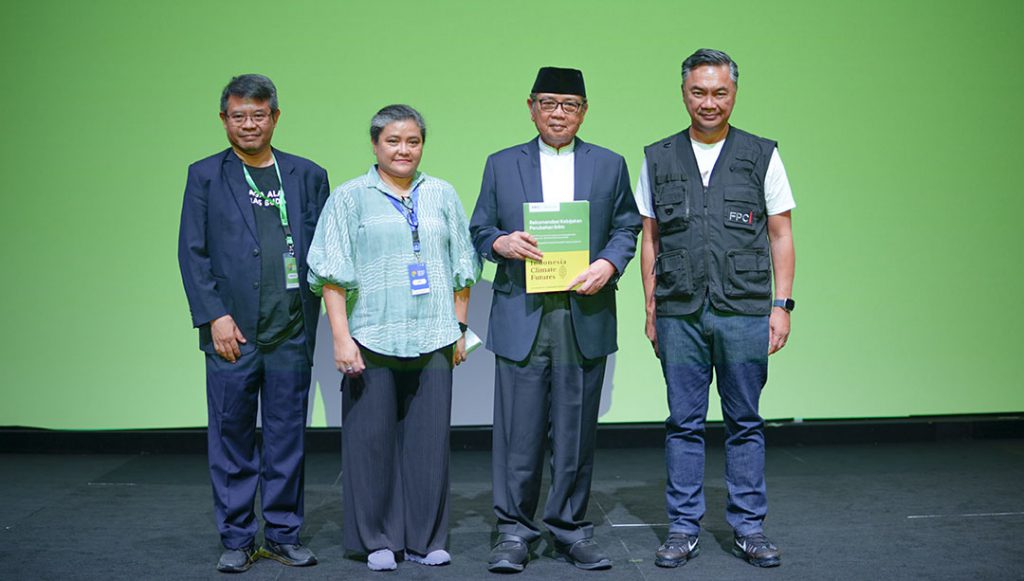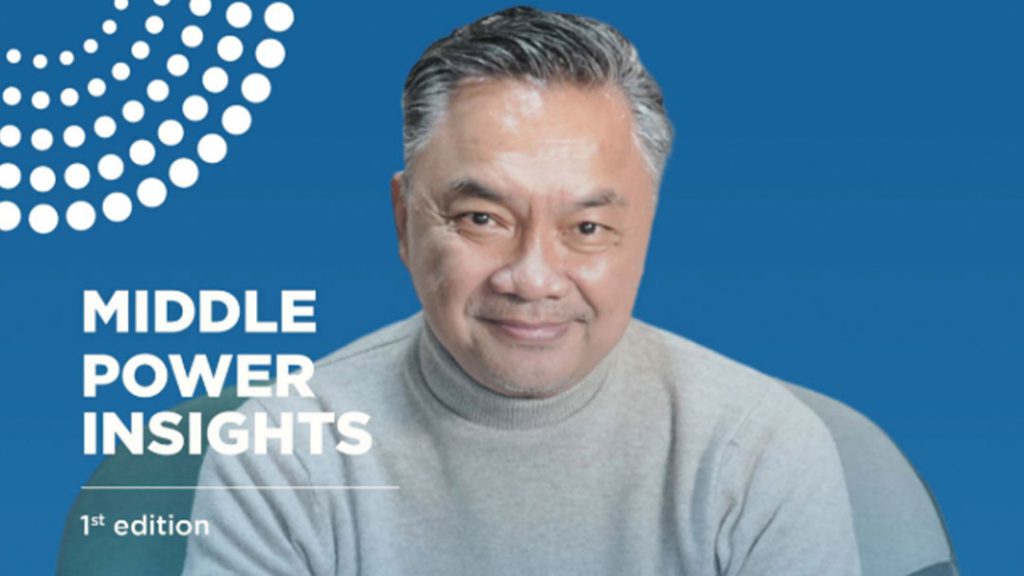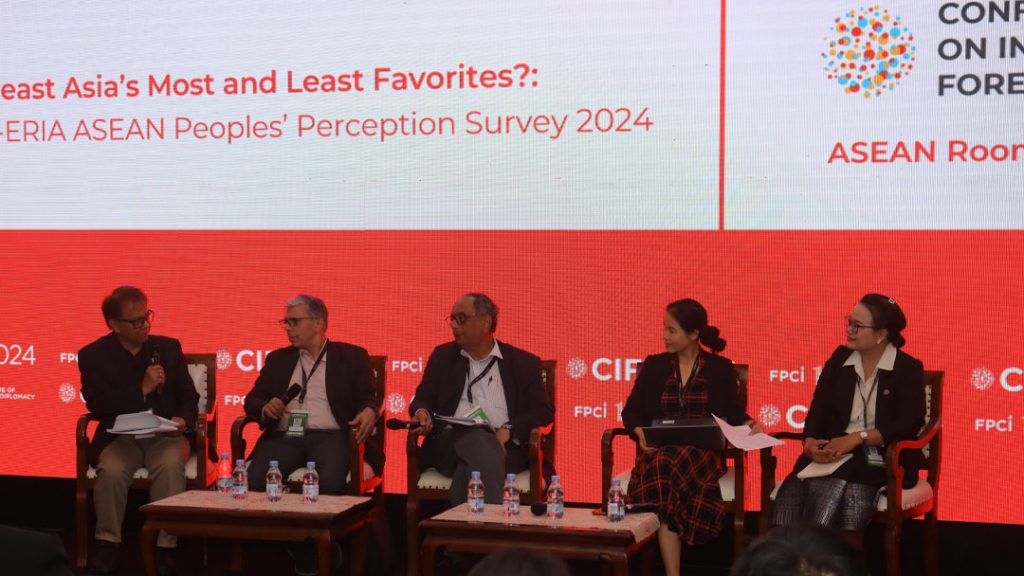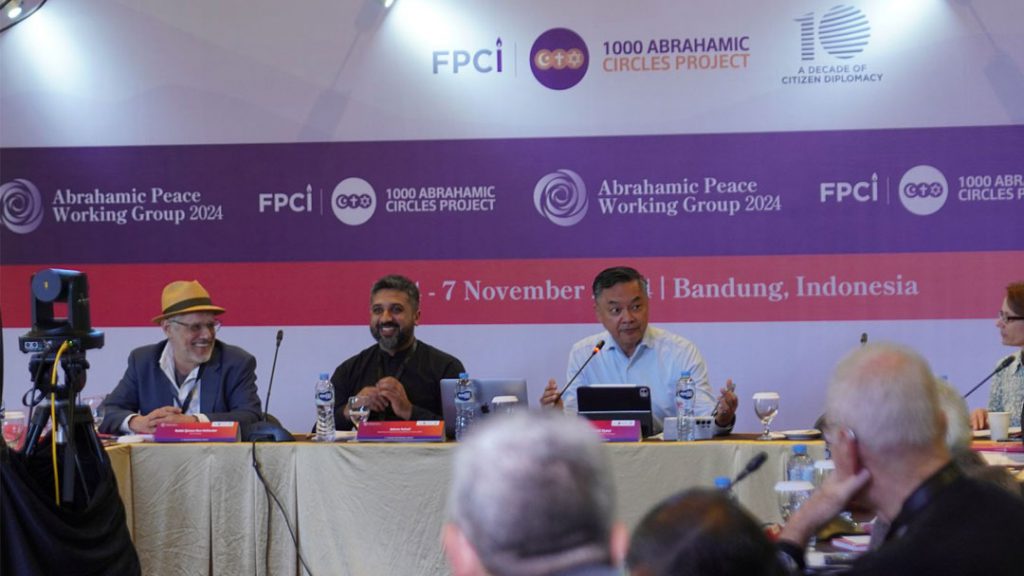
From November 4 to 7, 2024, the 1000 Abrahamic Circles Project hosted the inaugural Abrahamic Peace Working Group in Bandung, with key sessions taking place on November 5 and 6. This important gathering focused on fostering interfaith understanding through open dialogue, knowledge sharing, and addressing common challenges within the Abrahamic faith communities.
The core themes of the 2024 Abrahamic Peace Working Group included the state of interfaith relations, pressing challenges, and potential strategies to strengthen bonds amid today’s global complexities. The event featured the following seven sessions:
1. Islamophobia
2. Anti-Semitism
3. Anti-Christian Sentiments
4. Special Session: Reflections on Abrahamic Religious Tensions
5. Pushback: The Role of Civil Society
6. Multilateral and Governmental Efforts: Initiatives, Roadblocks, and Opportunities
7. Moving Forward: Abrahamic Peace Recommendations
We are pleased to announce that, through collaborative efforts, a joint statement was crafted, reflecting the insights and commitments drawn from the discussions. This statement was officially declared and signed on the 6th of November by 29 representatives, including Rabbis, Ustadz, Ustadzah, Bishops, Priests, and like-minded scholars from Australia, Europe, Indonesia, Jordan, New Zealand, Pakistan, the Philippines, Singapore, Sri Lanka, and the United States.

